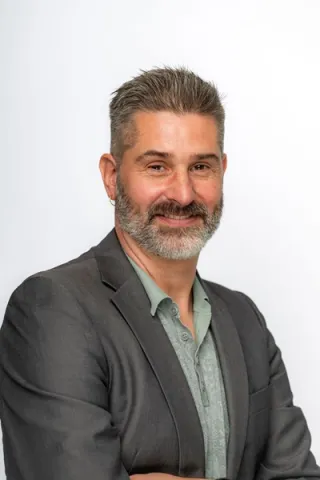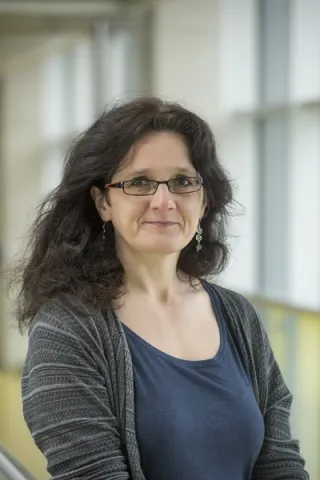About the project
Drawing on an interdisciplinary resilience perspective, this project uses biographical interviews, discourse analysis and social network mapping to understand elasticity and brittleness in social networks of gay men and how, underpinned by a shift to online communities, networks of older gay men have changed over time with implications for wellbeing.
This project aims to understand how the shift to online communities has influenced the resilience in social networks and wellbeing of older gay men.
Studies globally report that older gay men have poorer mental health and wellbeing, including higher rates of depression, loneliness and suicide compared to their heterosexual counterparts. According to minority stress theory, poorer mental health and wellbeing in older gay men can be explained by the experience of living through difficult social situations as part of a marginalised group vulnerable to discrimination, which creates multiple stigma-related stressors that accumulate over time.
The project will recruit older gay men and use biographical qualitative interviews, discourse analysis and social network mapping to reconstruct changes in the communities of gay men over time. A purposive sampling approach will be used to recruit older gay men from urban and rural areas in North and South England.
The development of theory to enhance our understanding of how the shift to online communities influences resilience in social networks could inform social change to improve the wellbeing of gay men.
You will benefit from extensive experience and research methods expertise of the multidisciplinary teams in the Ageing & Dementia and Health Work Research Groups in the School of Health Sciences; team members have backgrounds in, social gerontology, anthropology, medical sociology, sociology and psychology.
Additional technical training or support
You would undertake training in generic skills through the Doctoral Training Centre and the University of Southampton PGR Professional Development Programme, including skills in effective communication skills, presentation skills to range of audiences, knowledge exchange and academic writing.
In addition, you would undertake bespoke training courses in biographical methods available through the National Centre for Research Methods (NCRM) and in social network methods and analysis (qualitative) (LSE, Oxford, Exeter). You will also have training in engagement in research of hard to reach and marginalised groups.
References
Lyons, A. (2016) Social support and the mental Health of older gay men: Findings from a national community-based survey. Res Aging. Feb;38(2): 234-53.
Meyer, I.H. (2003) Prejudice, social stress, and mental health in lesbian, gay, and bisexual populations: Conceptual issues and research evidence. Psychol Bull, 129, 674–697.
Handlovsky, I., Bungay, V., Oliffe, J., & Johnson, J. (2018) Developing resilience: Gay men's response to systemic discrimination. Am J Mens Health. Sep;12(5):1473-1485.

